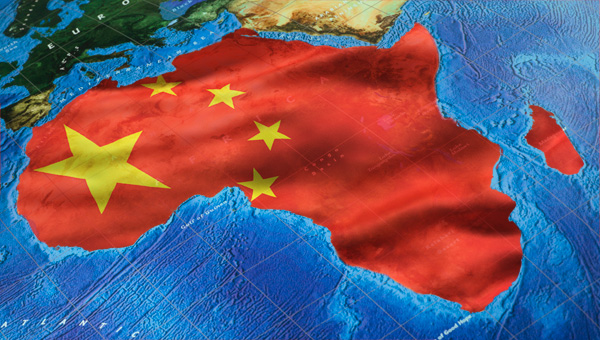The East African Economic Integration: Choice or necessity?
According to the Africa Regional Integration Index (ARII) Report in 2016; out of all the Regional Economic Communities, the report cites the East African Community as the most integrated region. There are plans for EAC to play non-economic sphere within the region as well, this was obvious in the case of regional stability, since all the member states face political difficulties; except Tanzania. Some objectives of the EAC are to improve and strengthen cooperation on the basis of historical ties, mutual interest and understanding between its members.
“One People, One Destiny” – so goes the East African Community slogan, which was re-established in 2001. Designed to the coming together, and creating an economic trading block with the aim of removing tariff and non-tariff barriers to free flow of goods, services and factors of production among each other.
A matter of choice or necessity!
The integration priorities based on various sectors, such as transport, communications, trade and industry, immigration, security and the promotion of investments in the region.
According to Mubiru Salim, customs business process expert at Uganda Revenue Authority; it is traced in the 1897 with the construction of the Kenya – Uganda Railways; whereby at that time it was necessary to open up East Africa inter-land to the rest of the world by the railway connection to the Port of Mombasa. Throughout history such ‘necessity’ integration initiatives have been undertaken. However in the 1970’s the integration collapsed when Partner States decided to adopt individual trade policies as opposed to the integration approach.
Salim explains that in the recent history; countries like Tanzania and Burundi did not participate in the fast tracking of the integration through the Single Customs Territory (SCT) initiative out of choice, however, owing to the competitive advantage gained by the participating countries (Uganda, Rwanda, and Tanzania); the rest of the Partner States joined the integration process.
“The East African Economic integration from a historical perspective has been both a choice and also necessity.” Salim stressed.
As long as experts often cannot agree on what already happened or even “what works” in Africa; some experts and Pan-Africanists could still credibly argue that the East African economic integration is a necessity.
- Adoum Goc, a former officer of the Economic and Monetary Community of Central African States (CEMAC) in Chad; told Africa News Agency that Africa was divided into small countries and regional blocs during the colonization. However, some Pan-African leaders have immediately realized after the independence that Africa should forget theoretical schemes of the pan-African type, such as the neo-colonial type (a customs union) or a United States of Africa. And accordingly; in the mid-1960s there was a proposition that Africa should be divided into economic regions, due to the poor record of regional economic integration, replacing them with more cost-effective and productive models of integration through logical projects – adopting priority sectors for development; like agriculture, industry, power, transportation, and training.
“The East African economic integration is a necessity rather than a choice.” Goc said.
It often seems like the EAC economic Integration can be a model for other African regions.
“Currently South Sudan and Democratic Republic of Congo (DRC) have requested to join the East African Community; and other regional blocks have bench marked on the EAC Model, so it’s clear that the EAC can be a model.” Salim said.
Economic integration without proceeding political integration
The EAC is one of eight regional economic communities recognized by the African Union (AU). The establishment of economic communities in Africa is an intrinsic factor of economic, social and political stability across the continent; because it provides a framework to develop the capacity of states and to settle conflicts.
Many observers believe that the EAC is the only community that has a vision of political federation. In the treaty establishing the EAC, the Partner States decided to expand and intensify their economic, political, social and cultural integration.
Goc argues that there’s a huge contention among African leaders when it comes to the process of political integration, however, economic integration as well as functional co-operation will necessarily be an important policy that will automatically lead to the proceeding of political integration in the continent.
“At the governments’ level – the process is under way for the integration of the Revenue Authorities, and other government agencies like Bureau of Standards, Drug Regulatory Authorities, Ports Authorities, and even security agencies.” Salim said.
“I think the East African community is more effective and successful than other regional communities in Africa, because the east African political leaders seem to be more serious compared to others.” Goc said.
There are numerous factors that play increasingly important role in the east African economic integration. Some observers seem to believe that the African Diaspora has played a pivotal role in the contributions to Africa’s development.
Salim said that the Diaspora constitutes a formidable part of the business community of the EAC, and they – (the Diaspora constitutes) – greatly contribute to the balance of trade for the Partner States through the huge foreign Exchanges they remit back home.
“Definitely that the Diaspora can be an active part of the Integration process.” He stressed.
It seems to be obvious now that there are number of priorities that can bring integration among the African nations better than purely political integrations. However, that requires specialized institutions and organizations connected to each other and cross-homelands for a long-term perspective.








